Latest Doctoral School News
-
 11 July 2025
11 July 2025Welsh Government's latest PhD placement opportunities
-
 10 July 2025
10 July 2025Bangor University Postgraduate Summer Mobility Awards 2025
-
 20 June 2025
20 June 2025Summer 2025 round of funding for the Laura Bassi Scholarship.
-
 10 June 2025
10 June 2025North East Postgraduate Conference 2025 – Newcastle upon Tyne!
-
 5 June 2025
5 June 2025Taith Research Mobility Funding
-
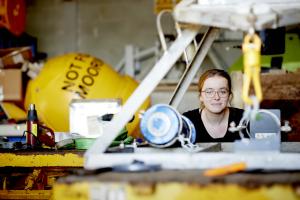 27 May 2025
27 May 2025Paid internship opportunities for PhD researchers - Turing Internship Network
-
 16 May 2025
16 May 2025PhD student placement opportunity – Analysing evidence to support the creation of biodiversity targets in Wales in response to the Global Biodiversity Framework
-
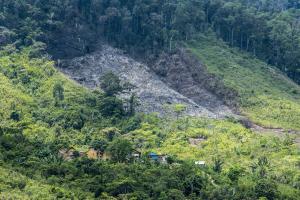 3 April 2025
3 April 2025New PhD project: Understanding the social and environmental consequences of climate-driven migration to the forest frontier in Madagascar.
-
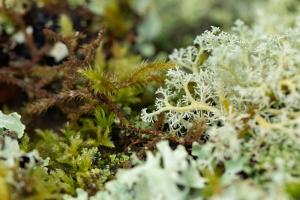 28 March 2025
28 March 2025New PhD project: Restoring the Celtic Rainforest for Net Zero – A Just Land Use Transition?
-
 21 March 2025
21 March 2025Bursary for Language and Culture Mentoring Opportunity
-
 5 March 2025
5 March 2025Welsh Government's latest PhD placement opportunities
-
 28 February 2025
28 February 2025Varley-Gradwell Travelling Fellowship in Insect Ecology 2025 - Open from 1st March 2025
Research News
-
 3 July 2025
3 July 2025Bangor University awarded prestigious AHRC Doctoral Focal Awards
-
 3 July 2025
3 July 2025New research unravels the diversity and function of bacteria living inside wild fruit flies
-
 9 April 2025
9 April 2025Research reveals major gaps in tidal knowledge that frequently lead to a risk to life for coastal visitors
-
7 April 2025
Robotic medication machine trialled in Dolgellau
-
 3 April 2025
3 April 2025Flushing out resistance: Investigating the role of human wastewater in the spread of AMR
-
 26 March 2025
26 March 2025Bangor University research featured in Physiological Society’s Climate Change and Health report for COP29
-
 19 March 2025
19 March 2025Is a revolution of standards in public life is the key to tackling the intertwined environmental crises we face?
-
 13 March 2025
13 March 2025What deer poo can tell us about the future of Britain’s woodlands
-
13 March 2025
A glimpse into a surreal abyss: how COVID ravaged a remote city in the Amazonian jungle – podcast
-
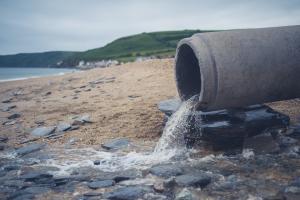 11 March 2025
11 March 2025How climate change could be increasing your chance of catching a virus from sewage – new study
-
 11 March 2025
11 March 2025Can climate change increase your exposure to sewage-associated viruses?
-
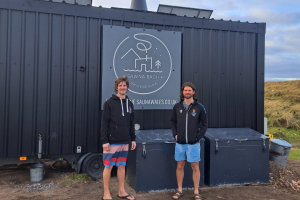 6 March 2025
6 March 2025Research to study the benefits of a sauna, as popularity rises
